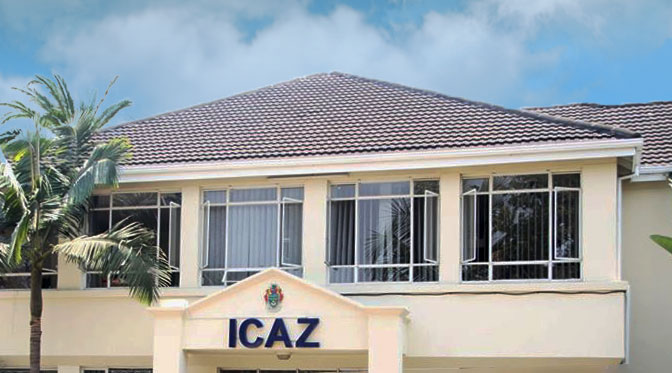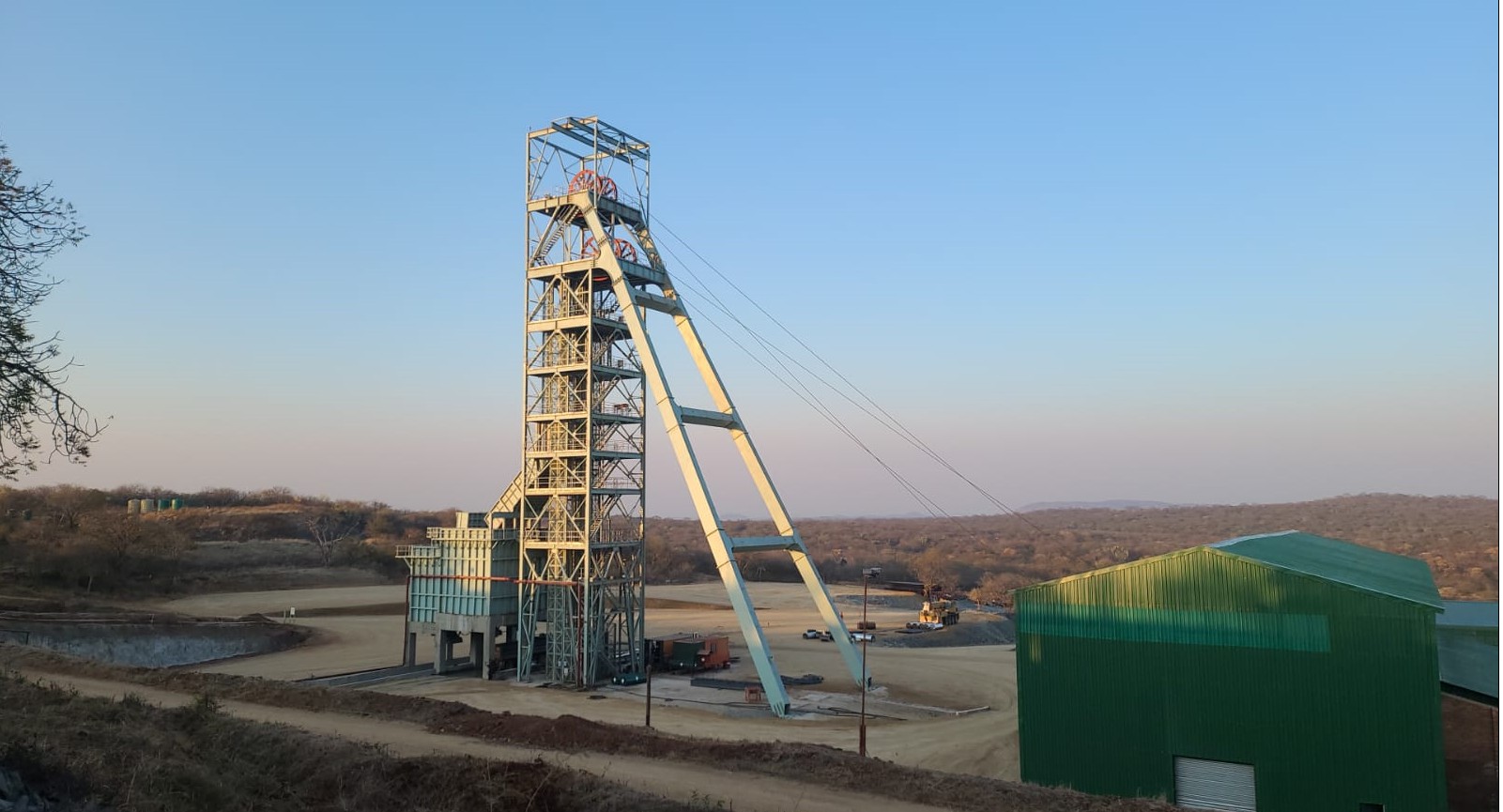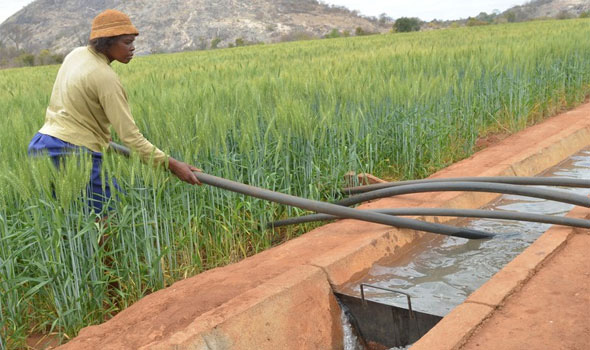Zim praised for budget openness
Zimbabwe is making significant progress, both at central Government and local authority level, in ensuring transparency, accountability and inclusivity in the entire National Budget formulation cycle, although there are still some gaps that need to be closed.
According to the 2020 Open Budget Survey for Zimbabwe which was launched in Harare yesterday, significant progress has been made in involving the citizenry and stakeholders, culminating in the production of the pre-budget strategy document before the final budget is presented.
As such, Zimbabwe has been recommended for conducting public hearings in an effort to ensure transparency and extensive participation by all relevant stakeholders through soliciting views and opinions, which civic groups say allows for inclusivity and equitable representation.
However, the report highlights lack of systems to monitor recommendations by the Auditor General as well as lack of publication of internal audit reports and limited inclusive mechanisms to ensure effective citizen participation during emergencies like the Covid-19 pandemic.
Presenting findings of the survey report, which was conducted by the Zimbabwe Coalition on Debt and Development (ZIMCODD), lead researcher Dr Vincent Chakunda indicated that more still needed to be done in order to enhance citizen participation in the budget making cycle.
Dr Chakunda
He also highlighted reluctance by citizens in partaking of the consultative meetings on the basis that their views are never factored in the process, lack of sufficient notice with regards to the meetings, timing of meetings and technical language.
“Timeous availability of critical budget documents is still an issue, for instance the Budget Strategic Paper only came out in October which does not give citizens enough time to study it and make meaningful submissions.
“At local authority level, the budget making process of local authorities is disjointed from the strategic plan.
“People also feel dis-empowered when their participation is not valued in the budget process. They assume their views are never considered and this appears to be an already pre-determined thing,” he said.
Dr Chakunda also highlighted the inefficiencies in local authorities that breed fertile ground for corruption, lack of transparency and accountability.
In this case some authorities were still working on audits dating back to as far as 2014.
“What will this benefit now if that audit uncovers people who embezzled funds now, they could be long dead or vanished into safe havens,” said Dr Chakunda. The report recommends the need to strengthen oversight institutions for effective monitoring of the budget process.
This entails capacity building of Parliament, including the Parliament Budget Office, though it is a technical arm, councils and boards for effective monitoring of executive organs in the implementation of budgets through ensuring compliance with budgeted expenditure.
Furthermore, systems and mechanisms must be strengthened to monitor implementation of the findings of the Auditor General’s reports and this may be achieved through establishing compliance committees in ministries, parastatals and local authorities.
Stakeholders at the official ceremony drawn from Parliamentarians from across the political divide, civil society groups and quasi-Government departments also agreed that there is need for systems and mechanisms of promoting citizen participation particularly the participation of women, youths, and people living with disabilities.
This should include choice of relevant information dissemination platforms, creating safe spaces for their participation, strategic choice of venues and times for meetings as well as simplified language explaining budgets.
Budget and Finance Portfolio Committee chairperson Felix Mhona however, highlighted there is growing interest from citizens to participate in budget consultations, showing a marked improvement from prior years.
“We saw large turnouts during the 2021 budget consultative meetings with people coming to participate more than in the previous years.
“The numbers were amazing for instance, in Chiweshe at Nzvimbo we had more than 600 participants.
“The quality of submissions and arguments were also good. People of Zimbabwe know what they want.
“The committee will go back again to the people to give them feedback,” he said.-herald.cl.zw










